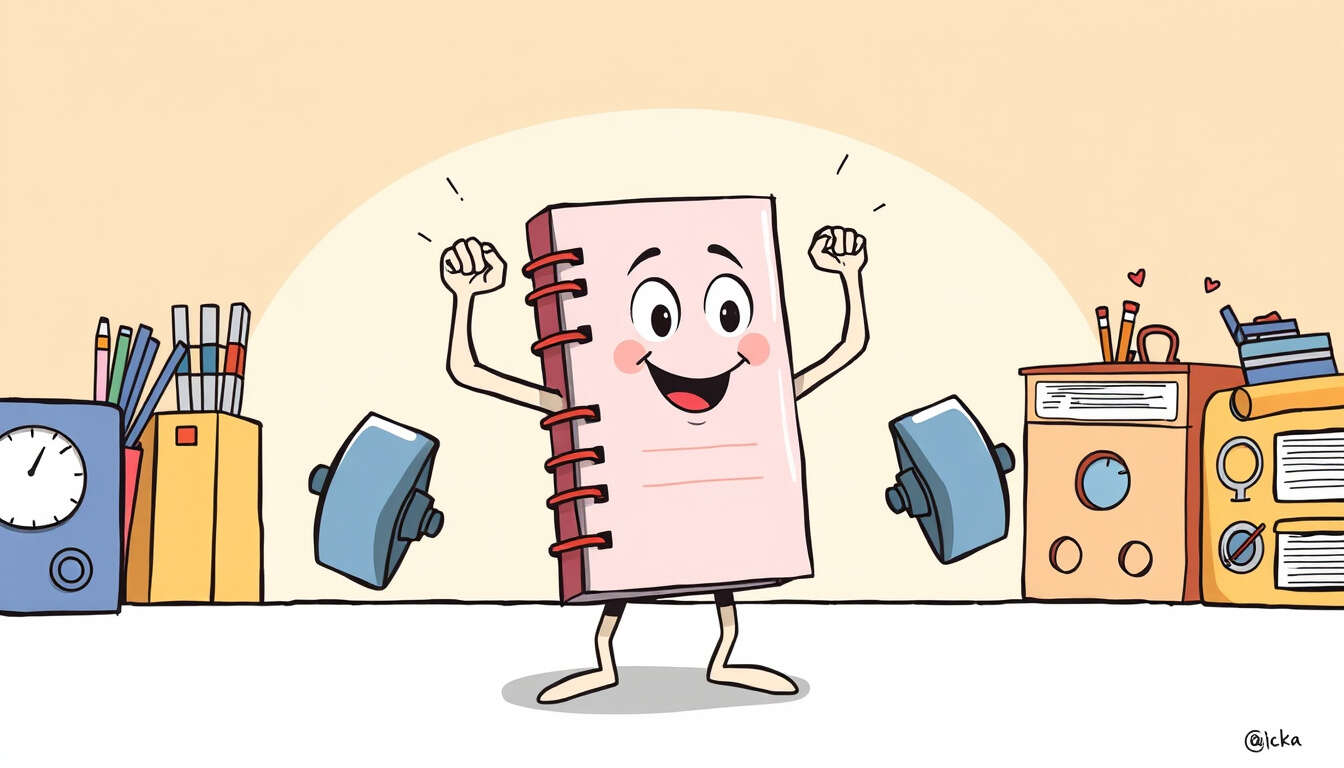Journaling as a Science-Backed Tool for Enhancing Productivity
 by Lilian Nienow
by Lilian Nienow
Explore how journaling boosts productivity through research-driven methods. Learn practical strategies to integrate it into daily routines, improving focus and efficiency for professionals and students alike. Discover simple techniques for better results.

Journaling offers a straightforward yet effective method to enhance daily productivity. Many individuals find that regular writing helps organize thoughts and prioritize tasks. For instance, journaling can lead to clearer goals and better time management.
The Science Behind Journaling
Studies show that expressive writing positively impacts cognitive function. Research from institutions like Harvard indicates that daily journaling reduces mental clutter, allowing for improved concentration. This process aids in processing emotions, which in turn supports sustained focus during work sessions.
One key study found that participants who journaled experienced a 25% increase in task completion rates. By reflecting on daily activities, people can identify patterns that hinder efficiency. Productivity improves as individuals gain insights into their habits.
Practical Strategies for Implementation
To begin, set aside 10-15 minutes each day for journaling. Use a notebook or digital app to record achievements and challenges. This habit fosters a routine that builds over time.
Consider these steps:
- Start with gratitude entries to set a positive tone.
- Track daily goals to monitor progress.
- Note distractions and brainstorm solutions.
Incorporating productivity hacks like timed writing sessions can make the process more engaging. For example, use the Pomodoro technique alongside journaling to break work into manageable intervals.
Real-World Applications
Professionals often use journaling to prepare for meetings or reflect on projects. Students might journal about study sessions to retain information better. In both cases, the practice enhances memory and decision-making.
Evidence suggests that consistent journaling correlates with lower stress levels, as seen in a study from the University of California. This reduction in stress directly contributes to higher efficiency, making it a valuable tool for busy schedules.
Overcoming Common Challenges
Some may struggle with consistency. To address this, pair journaling with existing routines, such as morning coffee or evening wind-down. Over time, this integration becomes second nature.
In summary, adopting journaling as part of your routine can significantly boost overall output. By applying these science-backed approaches, individuals can achieve greater focus and efficiency in their daily lives.
